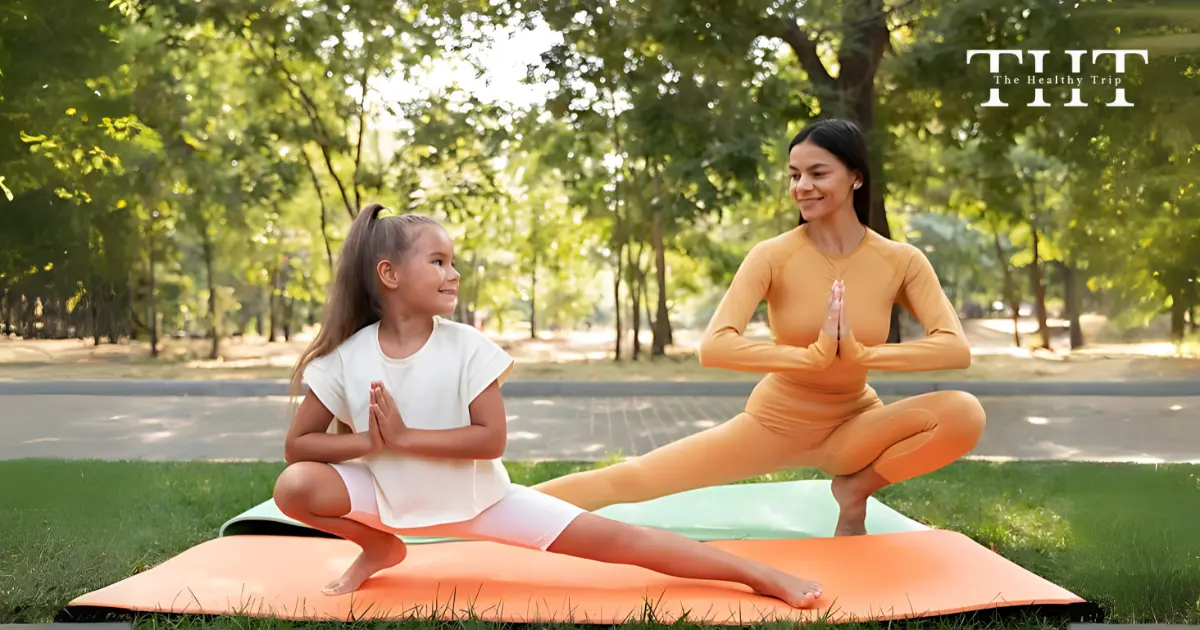Gratitude is more than just saying “thank you”- it is very powerful tool in positive psychology that can boost mental and physical well-being. As the recent research reveals, practicing of gratitude can have significant effects on mood, social connection and overall well-being. Here you will learn about the scientific evidence supporting gratitude, why people with mental illnesses should practice it, and how to do it daily.
What Is Gratitude in Positive Psychology?
Positive psychological change, gratitude is defined as the perceived possession of valued objects or quality of life. It just means replacing an attitude of scarcity with one of abundance: giving thanks in all circumstances everyday. The gratitude in the research of psychologist Robert Emmons is defined as the process of identifying external stimuli that cause happiness and that contribute to an individual’s positive functioning. In other words, gratitude is not narcissistic and helps construct a bond with the environment one is in.
The Benefits of Gratitude for Well-Being
Research shows that practicing gratitude has many positive impacts on the mental, emotional, and in some cases the physical well-being of a human being. Here’s how gratitude enhances well-being:
Gratitude can help in decreasing the severity of symptoms of depression and anxiety because it tends to shift peoples’ attention towards the positive sides of existence. Results of research have revealed that people who are always grateful tend to have higher levels of joy, optimism and, life satisfaction.
2. Strengthens Relationships
Thanking other people makes interaction more positive, enhances trust and empathy. In case we appreciate individual efforts in certain tasks, the persons feel wanted and more likely to appreciate our efforts in return. People with gratitude are likely to have healthy and enduring relationships because the word makes partners or members of a group feel that they belong and are supported.
3. Increases Resilience
Being is grateful strengthens the ability to look at the positives and what we are getting right even in the most trying of circumstances. Its positive outlook helps help people to better address misfortune. In difficult situations those who have chosen the practice of gratitude will find the positive aspects more often thus it will be easier to come over the obstacles.
4. Enhances Physical Health
Research has demonstrated that those people who express their gratitude are likely to have sound sleep, low BP and strong immunity. It is worth pointing out that gratitude has been found to increase self-care activities such as exercise and improved diet since people who are grateful usually look after themselves.
5. Reduces Stress
Cortisol, the body’s main stress hormone, is one way that positivity can reduce cortisol levels. Recent studies also pointed out that gratefulness helps to increase the level of HRV, which indicates a stress-protective effect and disturbs the physical and mental state of the organism.
Scientific Research on Gratitude and Positive Psychology
Gratitude has been widely researched in positive psychology, with findings that underscore its importance for well-being:
Emmons and McCullough (2003): For this study, people who worked on gratitude journals to write their experiences for seven consecutive days experienced more optimism, endured lesser physical complaints, and revealed higher levels of well being than the control group who wrote about hassles and mere daily occurrences.
Seligman et al. (2005): Charles Snyder and Martin Seligman are credited as being responsible for the advent of positive psychology; in one of Seligman’s gratitude intervention, participants were asked to write letters of gratitude and deliver them to and receive money from the intended beneficiaries. Studies indicated that there was an immediate shift towards a happier mood and less depressive symptomatology, changes that were sustained for several weeks and, or months.
Algoe et al. (2010): This research work came to the realization that the use of gratitude in relationships lead to enhancement of the bond since it leads to feelings of appreciation. Such studies prove that gratitude intervention is not only useful but also timeless with respect to interpersonal health and quality of life.
How to Practice Gratitude Daily
One can find practicing gratitude enjoyable and does not have to take much of your time. Here are some easy ways to incorporate gratitude into your daily routine:
1. Keep a Gratitude Journal
Spend 5-10 min during the day and jot down 3 things that you are thankful for. There is no metaphor that cannot be reversed in this simple exercise, thereby focusing on what is already abundant in life. Examine your entries often to help bring out happiness and put your focus on the good aspects of life.
2. Practice Gratitude Meditation
Make a routine of thinking about things you are thankful for. Try to keep your agenda positive, the idea is to get into the habit of filling your cup with those things that make you happy and some of which include relationships, little pleasures, or achievements. Performing gratitude meditation can help develop a positive attitude, which makes a person focus on the present.
3. Send Thank-You Notes or Messages
One way of making others happy and improving relationships is through writing letters or texting them our thankfulness. Take the opportunity to specially thank someone who has influenced your life in some way and handwrite the letter, the the card or even send the thank you online.
4. Use Visual Reminders
Get attractive motivational signs and put around your home or workspace as frequent prompts to be thankful. For example, photographs, quotes, or things that are of some personal importance to the person. They can assist in keeping you in a positive mindset despite the stressful moment we find ourselves in most of the time.
5. Count Your Blessings Before Bed
Take a few minutes every evening to reflect on what went well in the current day. When anxious, one may have a negative attitude towards the day’s events which results in a poor sleep and though using positive aspects improves sleep, using negative aspects increases anxiety.
Common Myths About Gratitude
Though gratitude is powerful, there are some common misconceptions:
Myth 1: ‘Gratitude = Noting and actively working to suppress negativity’.
Gratitude does not equal denial of suffering. Rather, it’s the ability to accept the fact that there are difficulities in life as well as the happiness that comes with it. Focusing only on the positive side of life can maintain a strong sense of optimism, but there are difficulties we face once in a while; acknowledging them helps to build up strong character.
Myth 2: ‘Gratitude Only Works for Happy People’
It takes no one in a bad temper to be grateful. In fact, gratitude exercise can be done in the period of adversity because it assists in the reframing of the adversity.
Myth 3: “It was therefore surprising to note that, gratitude practices must be time consuming.”
Gratitude practices are easy and can be done in any part of an individual’s daily routine. In like manner, small thoughtful activities such as thinking, writing, or saying the word ‘thank’ can also go a along way in helping one improve.
Conclusion
Of all the constructs within positive psychology, gratitude may be the most transformative in its potential impact of mental, emotional, and physical health. Gratitude also has numerous benefits as a way of changing mental health and interpersonal relationship, and it can affect the way people manage stress. And so, in this way, you are able to employ the principles of gratitude into your life with continuous, pro forma practices that add up, mind you, to a healthier and happier you.










